

Tonight, the second-to-last week of the North American League of Legends Championship Series (LCS) group stage begins, and there's still room for shakeups in the playoff standings.. That means it's time for a quick primer and overview of what is by far the most well-organized, professional and easy-to-follow esports around, League of Legends.
Unlike pretty much every other esport game, professional League of Legends is tightly controlled by the game's developer Riot Games. Where other esports games, like Counter-Strike, Dota 2 and Starcraft, have tournaments run by independent bodies with various levels of developer involvement, Riot runs everything.
That approach has both pros and cons, but the major boons of it are consistency and regularity, making the game very easy to follow. Where a game like Counter-Strike has several one-week or weekend-long events along with several competing leagues running at any one time, League of Legends has just one league per region, with games played on a regular schedule. It's akin to what you're used to from sports leagues like the Premier League, Champion League or NFL. It just makes thing easier to keep up with.
If you already follow the LCS, there'll likely be very little new info for you in this text, but for the newcomers, here's everything you need to know about the North American LCS.
How the LCS is structured (or: what the hell is a split?)
The League of Legends year is divided into three parts: the Spring split, the Summer split, and the world championship in Fall, referred to simply as "Worlds". Each split is a sort of mini-season, consisting of nine weeks of group stage play followed by three weeks of playoffs. The top 6 teams from the group stage head to the playoffs. Besides competing for the glory of being the best team in Europe, placement in the playoffs also earns Qualifier Points, and those determines what teams get to go to Worlds. Whoever wins the summer split automatically qualifies.
How do teams get into the LCS?
While the top 6 teams in each split go to the playoffs, the bottom 3 end the split by playing in a relegation tournament. There, they face the top 2 teams from the Challenger Series, a talent-building league below the LCS. The three teams that make it out of that tournament play in the LCS the following split.
Making it to the Challenger Series is a different matter entirely, which involves lots of laddering in ranked 5-man games and playing in a qualifier tournament.
LCS spots are valuable. Riot provides all LCS teams with a fixed salary for their players and coach, on top of whatever they earn from sponsorships and other sources of income. When Dignitas were forced to sell their EU team, which is now known as Splyce, they received offers upwards of $500,000. Organisations that are struggling to get results and make things work have also been known to sell their LCS spots to new orgs, who are then free to build a new team with a new brand and line-up and still compete in the LCS.
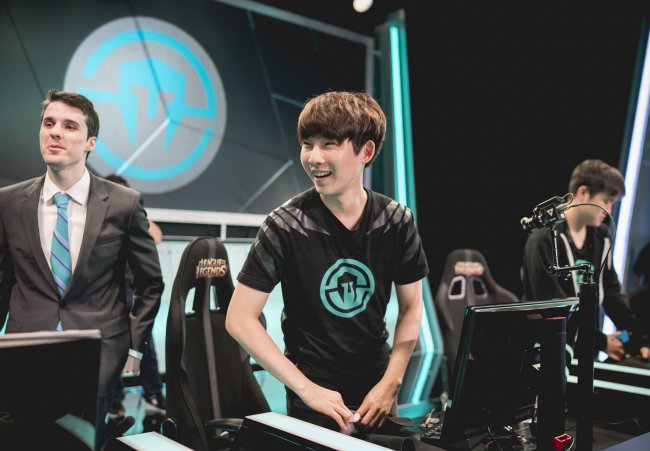
What are the standings, who are the favorites, who's playing?
The Spring split has been exciting for many reasons. Three new organisations purchased their way into the league backed by investors from traditional sports backgrounds. These new teams have had very different results, showing that money and NBA experience isn't everything, but the influx of new organisations have made things very fun to watch.
Currently leading the league is Immortals, who've only lost a single match so far in the split. Their 13-1 record gives them a reasonably comfortable lead ahead of Counter Logic Gaming in second, and their schedule for the remaining four games shouldn't cause them too much trouble. In other words, Immortals are very close to clinching a first-round bye in the playoffs.
While Immortals is a new team, its players aren't. Forming the backbone of the team are Korean players Huni and Reignover, both coming from the EU team Fnatic. Last year, they helped Fnatic reach an unprecedented 18-0 record in the group stage of the EU Summer split, and also made it to the semifinals at Worlds. They're joined by a trio of North American players, Adrian, WildTurtle, and Pobelter, the latter two of which both have LCS championship titles behind them.
Trailing them by three wins is Counter Logic Gaming, who won the NA Summer split last year. There's been a lot of power shuffling in the NA LCS, with teams like SoloMid and Team Liquid unable to perform up to their expected level given their 2015 performances, but CLG has stayed consistent. They'll enter week 8 of the LCS after two very important wins. For one, they became the first team to beat Immortals in the split. And they also beat Cloud 9, with whom they had been tied for second place. Counter Logic looks to be in a great place.
Cloud 9 may have had problems with stronger teams like Immortals and Counter Logic Gaming, but their schedule for the rest of the split is a soft one. They have a 3-1 record against the four teams they'll be facing will probably be able to hold on to their top 3 position until the end of the split.
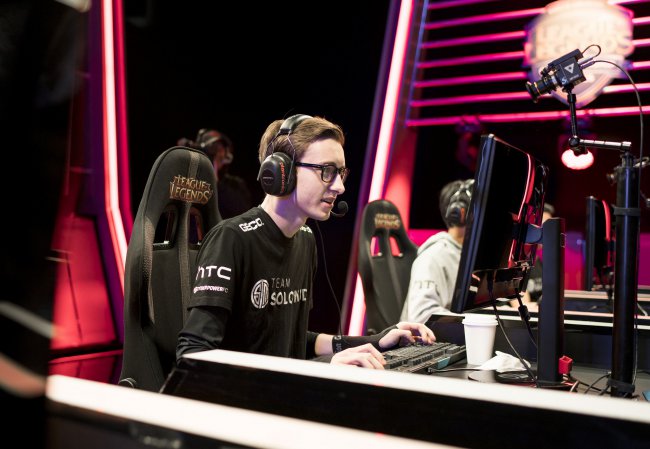
Team SoloMid haven't had the best of splits. After a very disappointing performance at Worlds, the team has built a whole new squad around their sole remaining player from the 2015 season, Danish mid-lane powerhouse Bjergsen. While their new squad mostly consists of veteran players, like former Fnatic world championship winner YellowStar and CLG's Doublelift, TSM seem unable to really make their game gel. Though their players are individually strong, their play styles seem to be at odds with each other, and you can't win championships that way. They'll likely make it to the playoffs, but they probably won't make it far.
If you're looking for an outsider to root for, keep an eye on Echo Fox. Their season started off entirely on the wrong foot, as visa issues kept their top foreign players, Froggen of Denmark and kfo from Korea, out of the game for the first few weeks. The team even had to forfeit a game against NRG because they couldn't field an eligible roster, and had to play several games with stand-ins. They've since clawed their way to a 7-7 record, which isn't at all indicative of the team's skill level. They're facing a tough schedule in the remaining four games, and they'll need help to make it into the top six. But who knows, miracles could happen.
When are games played?
LCS NA games are played Saturday and Sunday evenings, beginning at 20:00 GMT/21:00 CET and 19:00 GMT/20:00 CET respectively. They're broadcast on the official LOL esports Twitch-stream, among other places.
How many leagues are there, anyway?
Riot runs the LCS leagues in both Europe and North America. We covered the EU LCS in a similar article earlier this week.
There are similar professional leagues, all of which send teams to Worlds, in Korea (LCK), China (LPL), and a joint league for Taiwan, Hong-Kong and Macau (the LMS). These are all Riot-sanctioned. Besides those, there are developing leagues in Brazil, Turkey, Japan and the CIS, Latin America and Southeast Asia regions.
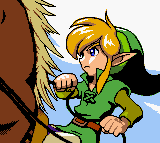


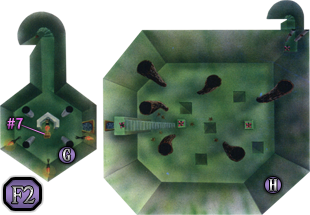
 Ocarina of Time Walkthrough – Timely Appearance –
Ocarina of Time Walkthrough – Timely Appearance –  Child of Light – Diary Pages Guide
Child of Light – Diary Pages Guide Assassin’s Creed IV: Black Flag – Hunting & Harpooning Guide
Assassin’s Creed IV: Black Flag – Hunting & Harpooning Guide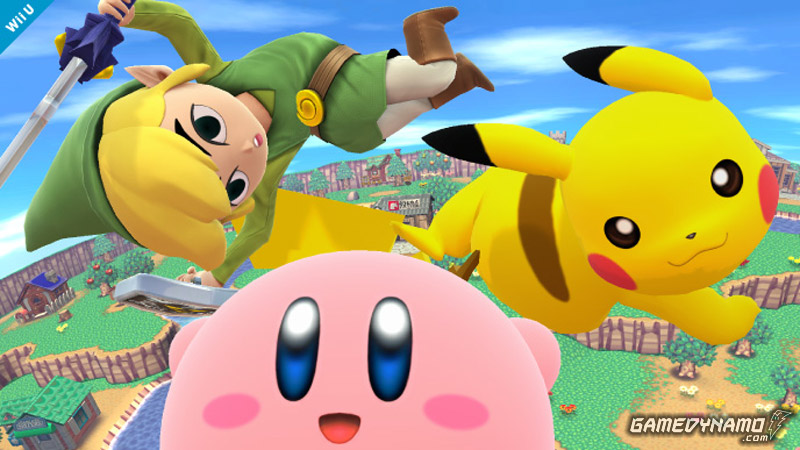 Super Smash Bros. Wii U/3DS – Characters & Unlockables Guide
Super Smash Bros. Wii U/3DS – Characters & Unlockables Guide Skyward Sword Walkthrough – Skyloft –
Skyward Sword Walkthrough – Skyloft –